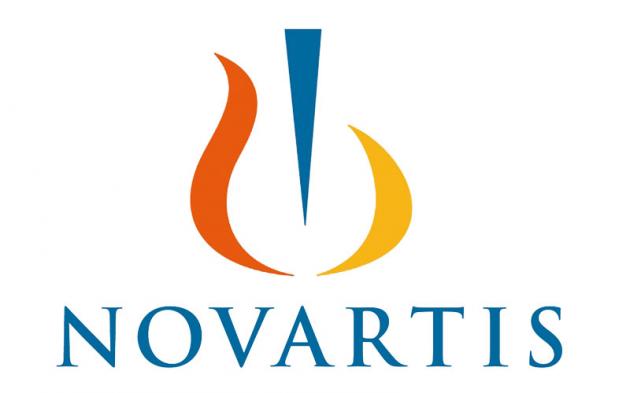Phase 3 results show ‘serelaxin’ does not reduce death risks
Novartis' experimental drug for acute heart failure has failed to meet objectives in Phase 3 clinical trials, the company said Wednesday. Novartis had expected the medicine, compound serelaxin, to become a blockbuster drug with the annual sales of $1 billion.

Serelaxin, a drug that copies the hormone relaxin found in pregnant women, does not reduce the risk of death from cardiovascular disease and worsening heart failure, according to the research codenamed the RELAX-AHF-2.
The study aimed to decrease the risk of death among acute heart failure patients within six months and to prevent further worsening of symptoms within five days after taking the drug.
Novartis shares fell 2.6 percent in Zurich, Switzerland, after Novartis’ announcement.
"We are disappointed this study did not confirm the efficacy of RLX030 in acute heart failure, especially given the urgent need for effective new treatments for this condition," said Vas Narasimhan, the global head and drug development and chief medical officer of Novartis.
Serelaxin failed to receive approval from the U.S. Food and Drug Administration and the European Medicines Agency three years ago. In January 2014, EMA questioned serelaxin’s medical effectiveness and the method of data collection in clinical trials.
Patents for the company’s revenue-driving drugs, such as Diovan, a drug for high blood pressure, and Gleevec, an anticancer drug, are expiring soon. The company is focusing on developing a new line of products to replace these steady sellers.
Narasimhan said his company “will continue to analyze the data further and better understand and learn from these results as well as evaluate next steps for the overall program.”

